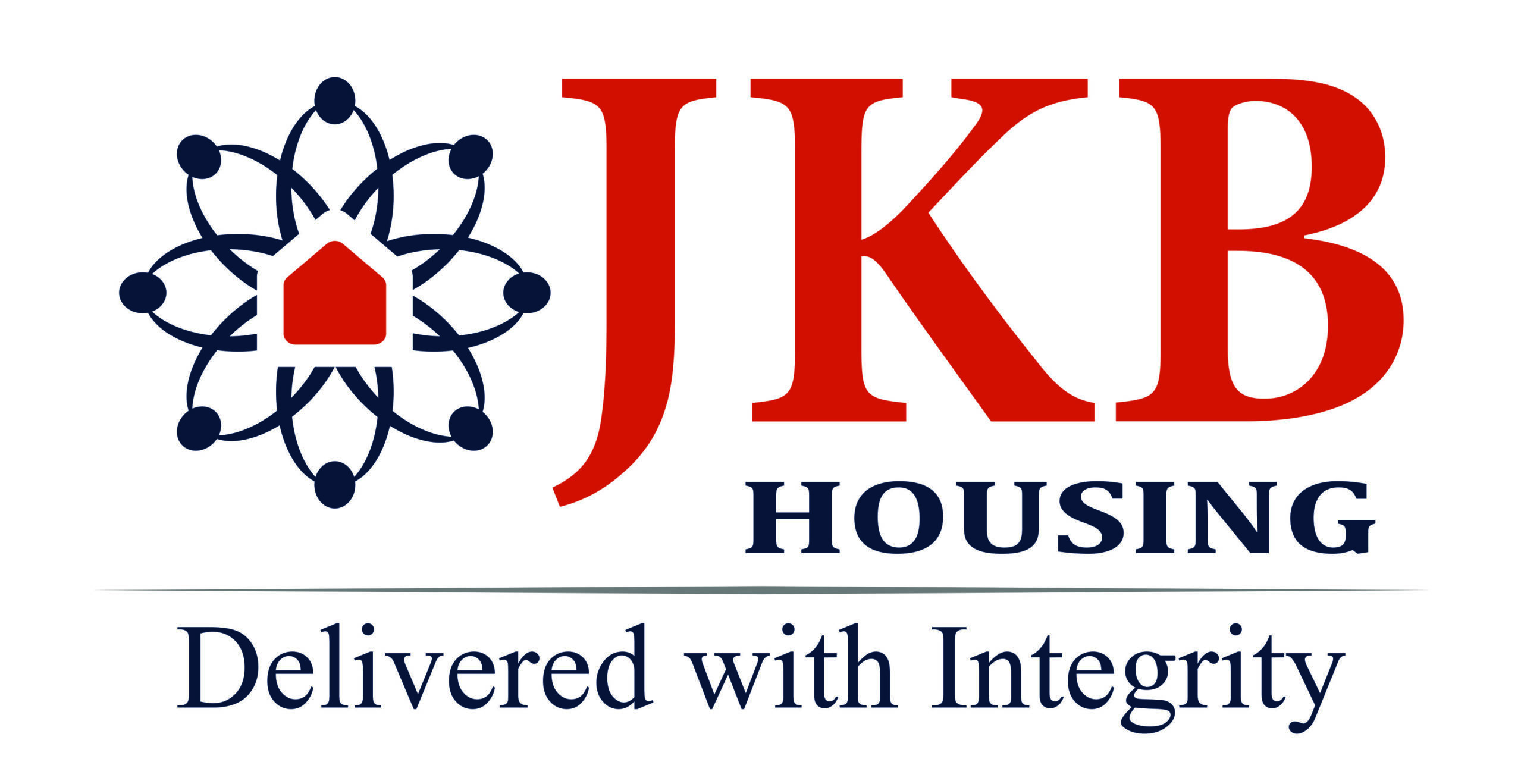What are the benefits of a real estate joint venture?
When it comes to real estate investments, there are a number of different options available to investors. One such option is a real estate joint venture. A real estate joint venture is an investment structure whereby two or more parties come together to invest in a property. There are a number of benefits to investing in a real estate joint venture, which we will explore in this blog post.
1.What are the benefits of a real estate joint venture?
There are many benefits to forming a real estate joint venture, including:
a.Access to capital: When you partner with another party, you can pool your resources and access more capital than you would be able to on your own. This can be especially helpful when bidding on large or expensive properties.
b. Shared risk: partnering with another party can help to spread the risk involved in any real estate venture. This can give you a safety net in case the project doesn’t go as planned.
c. Expertise: When you form a joint venture, you have the opportunity to tap into your partner’s expertise. This can be helpful if you’re new to the real estate market or if you’re looking to invest in a new type of property.
d. Efficiency: A joint venture can help you to be more efficient in your real estate endeavors. You can share tasks and responsibilities with your partner, which can free up your time to focus on other aspects of the venture.
e. Increased buying power: As a team, you and your partner will have more buying power than you would as individuals. This can give you an edge when negotiating with sellers
2.How can a real estate jv help you grow your portfolio?
A real estate joint venture (JV) is a business arrangement in which two or more parties agree to combine their resources in order to achieve a common goal. In most cases, a JV is formed when two or more investors pool their money, property, or expertise in order to develop a piece of real estate.
JV partners typically have a clear understanding of what each party is bringing to the table, as well as what their respective goals are. For example, one partner may contribute the land, while another may contribute the money needed to finance the project. The JV partners will then share in the profits (or losses) generated by the venture.
There are many advantages to forming a JV, including the ability to pool resources, share risks, and leverage expertise. However, it’s important to note that JVs can also be complex and challenging to manage. As such, it’s important to have a clear understanding of the goals and expectations of all parties involved before entering into a joint venture agreement.
3.Why you should consider partnering with another investor in a real estate joint venture
There are a number of reasons why you should consider partnering with another investor in a real estate joint venture. First, by pooling your resources you will be able to access a larger pool of capital, which will allow you to purchase more expensive properties. Second, you will be able to benefit from the knowledge and expertise of your partner. Finally, by sharing the risks and rewards of the venture, you will be more likely to achieve your investment goals.
If you are thinking of partnering with another investor in a real estate joint venture, there are a few things you should keep in mind. First, you will need to decide what type of property you are interested in investing in. Second, you will need to determine how you will split the profits and losses between the partners. Finally, you will need to agree on a strategy for managing the property.
4.What to look for when choosing a partner for your real estate jv
When you are looking for a partner for your real estate joint venture, you want to find someone who is reputable and has a good track record. You also want to find someone who is financially stable and has the ability to contribute to the venture. Finally, you want to find someone who is compatible with you and who you can work well with.
When you are looking for a partner for your real estate joint venture, you want to find someone who is reputable and has a good track record. You also want to find someone who is financially stable and has the ability to contribute to the venture. Finally, you want to find someone who is compatible with you and who you can work well with.
You will want to find a partner who is experienced in the real estate market and who has a good understanding of the market. Additionally, you will want to find a partner who is willing to take on some risk. You will also want to find a partner who has the financial resources to contribute to the venture. Finally, you will want to find a partner who is compatible with you
5.How to structure your real estate joint venture for success
There are many benefits to structuring your real estate joint venture for success. By doing so, you can ensure that all parties involved are able to contribute to and benefit from the venture. Furthermore, a well-structured joint venture can help to minimize risk and maximize returns. Finally, a successful joint venture can provide a template for future successful ventures.
When real estate investors work together in a joint venture, each party brings different strengths to the table. By structuring the venture correctly, all parties can contribute to the success of the project and benefit financially. The following are a few tips to help you structure your next real estate joint venture for success.
a. Define the Roles of Each Party
One of the most important aspects of structuring a successful joint venture is to clearly define the roles of each party involved. Each partner should have a clear understanding of their responsibilities and what is expected of them. Furthermore, the roles of each partner should be clearly defined in the joint venture agreement. Doing so will help to ensure that all partners are on the same page and that there are no misunderstandings down the road.
b. Define the Partnership’s Goals
Another important aspect of structuring a successful joint venture is to define the partnership’s goals. All partners should be in agreement as to what the goals of the venture are. Furthermore, the goals of the venture should be realistic and achievable. By clearly defining the goals of the venture, all partners will be aware of what is expected of them and the venture will be more likely to be successful.
c. Choose the Right Partners
One of the most important aspects of structuring a successful joint venture is choosing the right partners. It is important to choose partners that you can trust and that have complementary skills. Furthermore, it is important to choose partners that you are confident will be able to help you achieve the goals of the venture. Choosing the right partners is one of the most important aspects of structuring a successful joint venture.
d. Draft a Detailed Joint Venture Agreement
Another important aspect of structuring a successful joint venture is drafting a detailed joint venture agreement. The joint venture agreement should outline the roles of each partner, the goals of the venture, and the rights and responsibilities of each partner. Furthermore, the joint venture agreement should be reviewed by an attorney to ensure that it is enforceable. Drafting a detailed joint venture agreement is one of the most important aspects of structuring a successful joint venture.
e. Choose the Right Property
One of the most important aspects of structuring a successful joint venture is choosing the right property. The property should be located in an area that is favorable for real estate development. Furthermore, the property should be large enough to accommodate the needs of the venture. Choosing the right property is one of the most important aspects of structuring a successful joint venture.
By following the tips outlined above, you can increase your chances of structuring a successful real estate joint venture. By doing so, you can ensure that all parties involved are able to contribute to and benefit from the venture. Furthermore, a well-structured joint venture can help to minimize risk and maximize returns. Finally, a successful joint venture can provide a template for future successful ventures.
6.Case study: The benefits of a real estate joint venture
A real estate joint venture is an agreement between two or more parties to invest in a property or development project. The parties can be individuals, companies, or other entities such as trusts. The venture is usually set up as a limited liability partnership or company.
The main benefits of a real estate joint venture are that it allows investors to pool their resources and expertise, and to share the risks and rewards of a project. Joint ventures can also provide access to new markets and opportunities.
In a case study of a real estate joint venture, the main benefits were found to be:
a. The ability to pool resources and expertise
b. The sharing of risks and rewards
c. Access to new markets and opportunities
d. Greater flexibility in decision-making
e. Improved chances of success
f. Increased potential return on investment
JKB HousingTo Know More Visit Our Website Joint Venture





